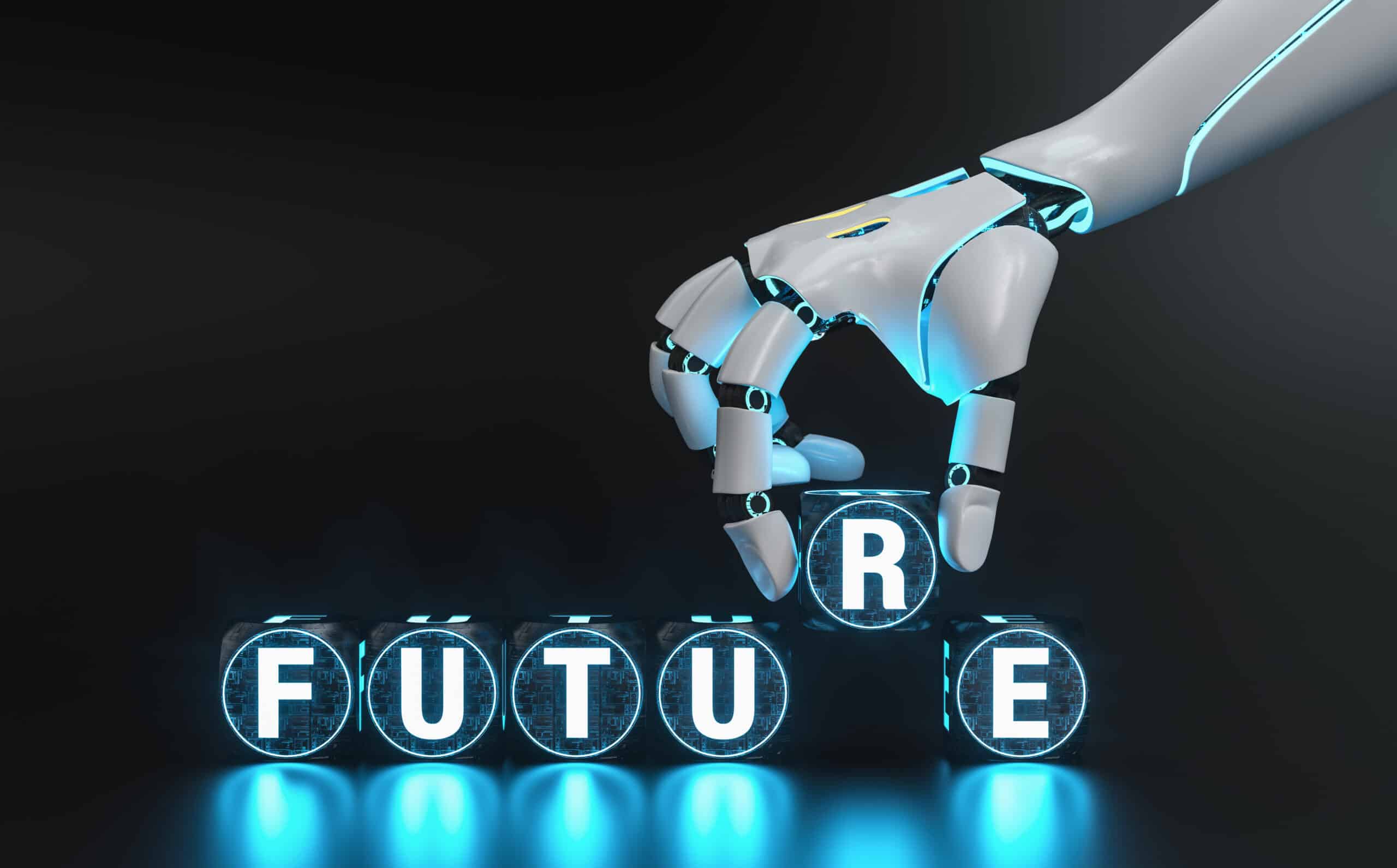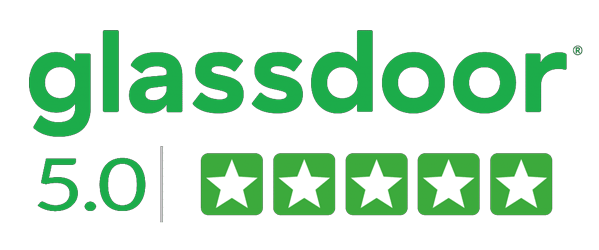
How Will AI Replace Recruiting Specialists?
AI changes how recruiters work, but it won’t replace them entirely. Recruiters’ human skills are still crucial for understanding candidates in ways that machines cannot replicate.
These tools streamline tasks like candidate sourcing, saving recruiters time and effort. They also help identify qualified candidates, sometimes in untapped areas. Recruiters can focus on evaluating results and ensuring an effective process.
AI tools revolutionize recruitment, while recruiters continue to play a crucial role in achieving successful outcomes for organizations.
Using The AI to Make a Recruiting Plan
Many organizations have started utilizing Artificial Intelligence (AI) to enhance their recruiting procedures, particularly in response to the COVID-19 pandemic. AI offers tools that make the process of finding, evaluating, and hiring employees easier, leading to the recruiting of skilled and capable people.
AI is changing how companies hire employees. It makes hiring faster, more efficient, and more reliable. With AI, businesses can save time, be more productive, and make intelligent choices using data to attract and retain top candidates.
This article will cover AI recruiting and why it matters. Plus, We’ll discuss how AI is used in hiring, its benefits and challenges, what the future holds for AI in recruitment and more.
What Is AI Recruiting, and What Is Its Purpose?
AI recruiting involves the use of advanced technologies to improve the hiring process. It automates tasks like candidate screening and selection, making recruitment more efficient and fair. The goal is to enhance decision-making, minimize bias, and improve overall hiring outcomes.
AI recruitment uses machine learning and natural language processing technology to analyze data from different sources and match relevant skills to specific job requirements. AI also improves the candidate experience with personalized interactions and timely updates through chatbots and virtual assistants.
The Top 5 Common Uses of AI in Recruitment
AI recruiting technology is being used more and more in hiring. It has many advantages and helps make the process faster and better. Some common ways AI is used in recruitment are:
- Screening and filtering applicants: AI algorithms can quickly analyze resumes to identify relevant skills and qualifications, making the candidate shortlisting process more efficient.
- Automated sourcing for candidates: AI tools can search for and match job requirements with candidate profiles, expanding the talent pool and increasing the chances of finding suitable candidates.
- Video interviews and assessments: AI technology can be used to conduct and analyze video interviews, assessing candidate responses, communication skills, and overall performance.
- Predictive analytics for candidates: AI can look at past information to guess how likely a person is to do well in a job, which can help recruiters choose the right people to hire.
- Chatbots and virtual assistants: AI-powered chatbots can handle initial candidate interactions, answer FAQs, and provide information about the hiring process, enhancing the candidate experience and saving time for recruiters.
The Top 5 Benefits of Using AI for Recruitment
Using AI for recruiting can offer several benefits to companies, streamlining and enhancing the hiring process. Some of the key benefits include:
- Improves hiring quality. AI can quickly analyze and filter through large volumes of candidate data to identify the best matches for specific job requirements.
- Finds candidates Faster. AI automation eliminates manual tasks, such as resume screening, allowing recruiters to identify suitable candidates more quickly and shorten the time-to-hire.
- Enhances the candidate’s experience. AI tools, like chatbots, provide instant feedback, personalized communication, and round-the-clock support, enhancing the overall candidate experience.
- Analyzes data for successful hires. AI-based applicant tracking systems analyze data on successful hires, helping recruiters identify patterns and improve future hiring decisions.
- Reduces Bias. AI reduces bias by using objective criteria and removing subjective elements, promoting fairness and equal opportunities for all candidates regardless of personal characteristics.
Challenges of Using AI for Recruitment
Using AI for recruitment can be beneficial in many ways, but it also comes with several challenges that need to be carefully addressed. These points highlight the challenges of using AI for recruitment:
- AI can’t replace humans. AI cannot understand emotions or human connection well enough to accurately assess soft skills and cultural fit. Relying only on AI may lead to missing important qualities in candidates.
- Bias and Fairness: AI systems are trained from past data, and if that data is unfair, AI can continue and strengthen those biases. For example, if certain groups have been overlooked in the past in a specific area, an AI system that learns from that data might unintentionally show discrimination towards those groups.
- Data privacy and security: Dealing with a lot of personal candidate information requires strong steps to keep it private and follow data protection rules.
- Lack of transparency: Complex AI algorithms can be difficult to explain, making it hard to provide clear reasons for recruitment decisions. Transparency is important to establish trust and accountability.
Best Practices to Use AI Effectively for Recruiting
To make the most of AI in recruiting, here are some key practices to follow:
- Define clear objectives and criteria for candidate selection.
- Implement AI-driven applicant tracking systems (ATS) for efficient resume screening.
- Utilize AI-powered chatbots for initial candidate engagement and support.
- Leverage natural language processing (NLP) to analyze candidate responses during interviews.
- Ensure data privacy and transparency in AI-driven recruitment processes.
AI Recruiting Tools and Software
AI recruiting tools and software are created to make the recruitment process easier and more efficient using AI technologies. These tools leverage machine learning algorithms, natural language processing, and data analytics to automate repetitive tasks, help with finding and evaluating candidates, improve the speed of finding suitable candidates, and provide helpful data for making better decisions.
Here are some examples of AI recruiting and software tools:
- Entelo is an AI-powered talent identification and engagement platform.
- HireVue is an AI-driven video interviewing platform with facial recognition and language analysis.
- Greenhouse is a comprehensive recruiting software with AI-based resume screening and analytics.
- Textio is an AI tool for optimizing job postings and reducing bias.
- Ideal is an AI-powered recruitment automation platform for resume screening and candidate prediction.
- Mya Systems is an AI recruiting assistant for candidate engagement, screening, and scheduling.
In conclusion
AI has transformed recruitment by improving hiring quality, speeding up candidate sourcing, enhancing the candidate experience, enabling data-driven decision-making, and reducing bias. However, challenges like the limitations of AI, data privacy concerns, and a lack of transparency must be addressed. Recruiters still play a crucial role in evaluating results and ensuring successful outcomes, and in case you still aren’t in the place of trusting AI we’ll be the place always at Whitecollars, we’ll always give you the advice and the service you may need.


